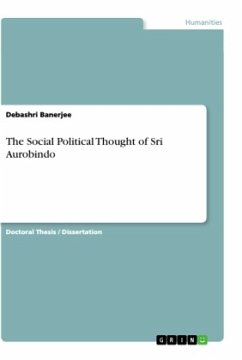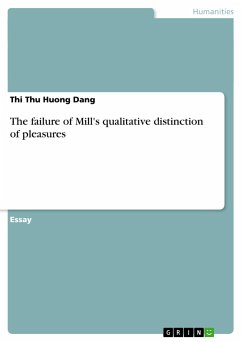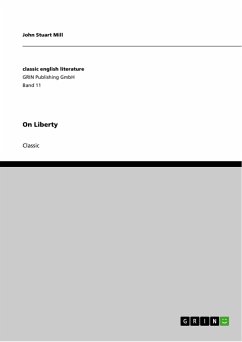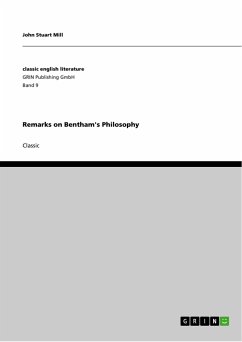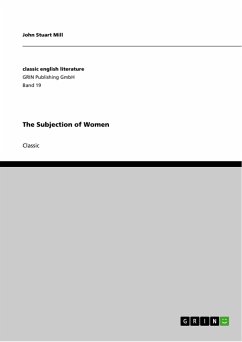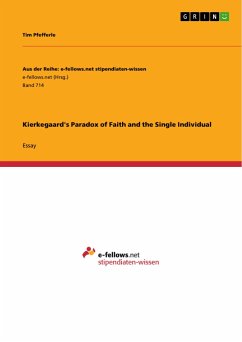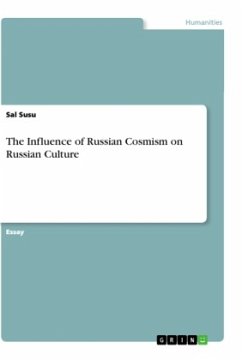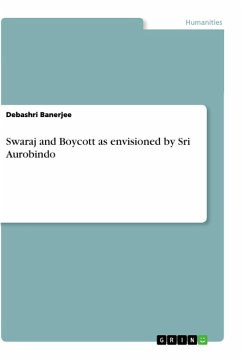
Swaraj and Boycott as envisioned by Sri Aurobindo

PAYBACK Punkte
0 °P sammeln!
Document from the year 2013 in the subject Philosophy - Philosophy of the 19th Century, grade: 1,0, Jadavpur University, course: Doctor of Philosophy, language: English, abstract: In this dissertation I have gone through the political topics like Swaraj and Boycott as conceived by Sri Aurobindo. When we go through Sri Aurobindo's social-political thought we cannot leave these topics aside. As a political leader and social reformer he in his social-political thought praised all of them and therefore I tried hard to discover whether there is any slight possibility of spirituality hidden there. T...
Document from the year 2013 in the subject Philosophy - Philosophy of the 19th Century, grade: 1,0, Jadavpur University, course: Doctor of Philosophy, language: English, abstract: In this dissertation I have gone through the political topics like Swaraj and Boycott as conceived by Sri Aurobindo. When we go through Sri Aurobindo's social-political thought we cannot leave these topics aside. As a political leader and social reformer he in his social-political thought praised all of them and therefore I tried hard to discover whether there is any slight possibility of spirituality hidden there. The result is mesmerizing which has been discussed elaborately in my conclusion.Swaraj and boycott are two different topics of Sri Aurobindo. His social-political thought is very unusual topic to discuss. Most thought that he was mystic and yogi but he was also a well known political leader. At the time of Indian Independence he developed there theories.In this proposed dissertation our basicaim is to develop Sri Aurobindo's political thought invariable to bring Indian independence on 15th August, 1947. He was completely reluctant to call himself either as a Yogi or a philosopher, but to his disciples he appears both. Here could raise a severe question - how as a student of Philosophy I can co-relate between philosophy and social-political thought? As a student of Philosophy I am trying hard to show the inherent relationship of Sri Aurobindo's social-political thought along with his philosophical doctrine. Actually, we cannot be able to differentiate between his social-political thought with the arena of his entire philosophical doctrine. It is really hard to decide whichever of his writings are meant for philosophy and whichever for social-political thought. Even though his entire life-span is thought to be divided into two prominent eras by his critics - the hard-core politician (1905-1910) and a profound yogi (1910-1950), but in my view this division is not appropriate in nature. He was actually a yogi in the disguise of politician in his entire life-time.




